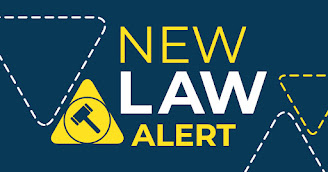Attorney Andrew Lieb joined CBS to discuss the latest for Landlords. Evictions aren't straightforward and simple. There are many delay strategies available to tenants and landlord's need to invest in legal representation that knows how to overcome these strategies.























